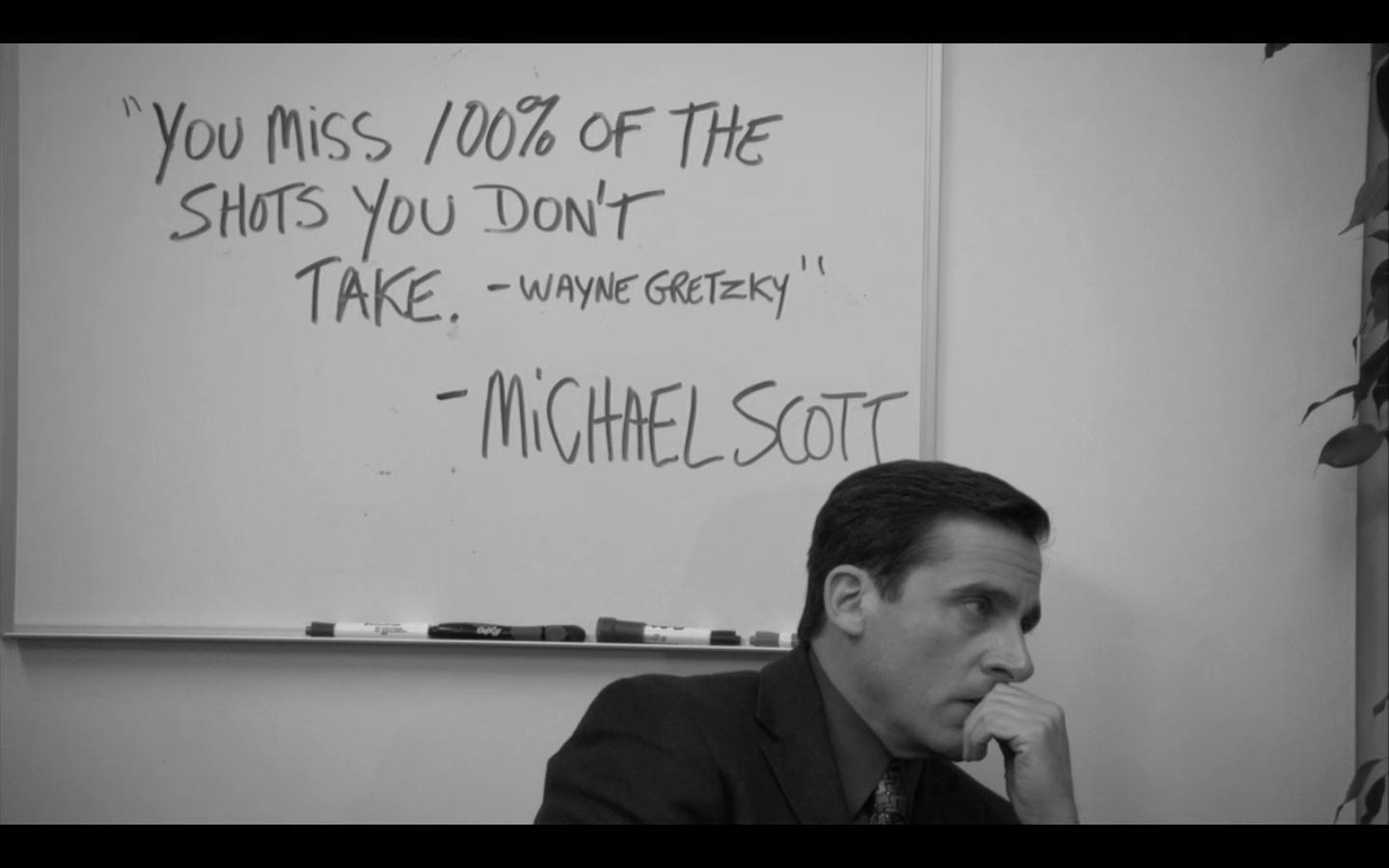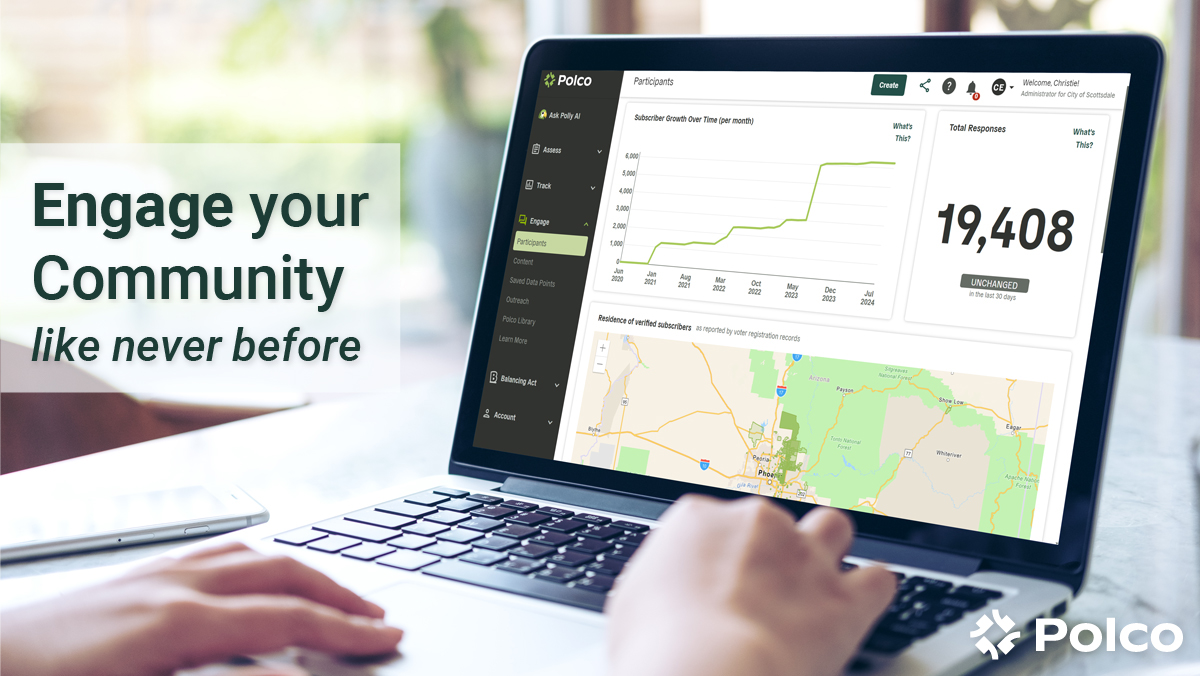Why Asking Matters
By Polco on May 23, 2017

In our last post, we discussed the steps localities need to take to effectively engage their citizens and close the feedback loop. Following this process is an important first step to online citizen engagement and once you start down that process, you'll find yourself with many more valuable opportunities to engage with your constituents.
Sometimes this can create uncertainty, as it may not be clear exactly how to take advantage of the new opportunities. This uncertainty takes many forms, from “what should I ask” to “how should I ask” and everything in between. We’re going to use this space to address these two most common concerns, and end with a challenge to see where others have had success in online question asking!
"What should I ask?"
It doesn’t matter if you’re a school district asking about lunch options or a large municipality thinking about a new curbside recycling schedule. The first thing you need to do is ask, and do so in the most direct way possible. Remember, there are no bad questions!
Now of course, there are going to be topics that pique interest above others, and some that bring out more potentially polarizing opinions like taxes or school choice. Citizen excitement for a question should not be a part of the “if” decision, but rather “when” you should ask. You should always aim to ask these hot button questions among your more germane issues, and you should try to find an optimal cadence of issues that will elicit a more emotional response interspersed with more thoughtful responses to get an optimal balance of answers that will help inform all decisions.
"How should I ask?"
Once you’ve set the questions you’re going to ask in a given week (or month, large batches are OK too!), you need to set a strategy to ask questions in different ways to engage your citizens.
Polco’s civic communications technology allows for six different content types that we have found most useful for localities.
Without getting overly complicated, let’s look at the civic engagement strategies behind our two most common question types: policy and multiple choice.
A policy question (yes/no) has the closest correlation to a traditional poll. Are you in favor of expanding town hall services? Is the corner of Main and 23rd St. a good location for a new public pool? These questions can be used to explore issues areas your town might care about or get feedback on specific policy proposals or agenda items.
In terms of process, we generally suggest using this question type at the beginning of engagement on an issue or to test support for final policy proposals. We’ll explore steps of the engagement process in an upcoming post (subscribe ---->).
Multiple choice questions, on the other hand, are to explore different options after an issue area has already been identified.
Did a recent town survey indicate that citizens want redevelopment of a vacant lot? Leslie Knope could have asked whether Pawnee wanted a new park, library or pool instead of the pit next to Ann’s house. We generally suggest using multiple choice questions to narrow down solutions, and as an opportunity to gauge interest on numerous available options.
Multiple choice questions can also be used in quality of life engagements or satisfaction surveys, although we might suggest doing this in a tracked Pulse Question - a multiple choice questions asked at an interval of your choosing to see trends in sentiment over time.
While you always want to be comfortable with the information you seek, you should never be concerned with being too broad or asking about a topic that it seems few care about. Once you make providing feedback the norm in your community, citizens will engage, all you have to do is ask!
Popular posts
Sign-up for Updates
You May Also Like
These Related Stories

The Value of Civic Engagement

The Value of Engagement

